Foods to Eat and Avoid During Pregnancy

Pregnancy is an important phase of your life as you are nurturing a life within your womb. This is a part where you need to be extra cautious of everything you do, even while eating. You are not just eating to satisfy your taste buds or cravings, but nourishing yourself and your baby.
Every bite contributes to your baby’s growth & brain development, organ formation, and immune system strength. A well-balanced diet helps lower the risk of birth defects, supports healthy birth weight, and boosts your energy to deal with hormonal changes.
On the other hand, poor nutrition or skipping essential nutrients may affect your baby’s development or lead to complications during pregnancy.
Let’s understand what foods you can eat and should avoid in this blog.
Foods to Eat As Per the Nutrients Required by the Mother’s Body
As per the nutrients, we have created a list of foods that you can eat for a holistic and well-balanced nutrition. If you feel that you have a deficiency of a particular nutrient, then you can choose one from this table for that nutrient, confirm with your doctor on how to consume it, and then include it in your diet:
| Nutrient | Why It’s Important | Food Sources |
| Folic Acid (Folate) | Prevents neural tube defects in the baby | Dark leafy greens (spinach, methi), lentils, oranges, beets, fortified cereals |
| Iron | Supports increased blood volume and prevents anemia | Cooked spinach, legumes (chana, rajma), jaggery, fortified grains, tofu |
| Calcium | Builds baby’s bones and teeth | Milk, curd, paneer, sesame seeds, ragi, almonds |
| Protein | Supports baby’s tissue growth and maternal muscle repair | Lentils, chickpeas, paneer, eggs (fully cooked), nuts, seeds, yogurt |
| Omega-3 Fatty Acids | Helps in brain and eye development | Walnuts, flaxseeds, chia seeds, soybeans, fortified oils |
| Vitamin D | Aids calcium absorption, supports bone health | Fortified milk, eggs (cooked), sunlight exposure |
| Vitamin C | Enhances iron absorption, boosts immunity | Amla, oranges, guava, lemon, capsicum, strawberries |
| Fiber | Prevents constipation and supports digestion | Whole grains, fruits, vegetables, oats, flaxseeds, beans |
| Iodine | Supports thyroid function and baby’s brain development | Iodized salt, yogurt, boiled eggs, bananas |
| Zinc | Supports cell growth and immune function | Whole grains, seeds, legumes, dairy, nuts |
| Magnesium | Reduces muscle cramps, supports nerve and muscle function | Whole grains, bananas, nuts, spinach, sweet potatoes |
| Choline | Supports brain development and placental function | Eggs (fully cooked), legumes, cauliflower, broccoli, peanuts |
| Vitamin B6 | Helps with morning sickness, supports metabolism | Bananas, oats, potatoes, lentils, sunflower seeds |
| Vitamin B12 | Supports red blood cell formation and the nervous system | Dairy products, fortified cereals, cooked eggs |
| Potassium | Maintains fluid balance and reduces muscle cramps | Bananas, sweet potatoes, oranges, coconut water, dried apricots |
| Water | Maintains amniotic fluid, supports digestion, and circulation | Water, coconut water, buttermilk, soups, water-rich fruits like watermelon, cucumber |
Foods to Avoid During Pregnancy
There are certain foods that you should avoid eating during your pregnancy because they can affect your health. Sonali Shivlani, an internationally certified pregnancy and parenting consultant, shares the five foods that should be on your things-to-avoid list.
Watch the video:
Besides that, here are some other foods to avoid:
- Raw or undercooked eggs: They may contain Salmonella, which can lead to food poisoning, causing vomiting, diarrhea, and fever.
- Raw or undercooked meat: It poses a risk of toxoplasmosis, listeria, or E. coli infections, which can harm both the mother and the baby.
- High-mercury fish: Excess mercury can negatively affect the baby’s brain and nervous system development. If you eat seafood, then research the particular fish and then purchase it.
- Alcohol: There is no safe amount of alcohol in pregnancy. Alcohol can cause Fetal Alcohol Spectrum Disorders (FASDs), affecting brain development and behavior.
- Fenugreek seeds (in large amounts): They can stimulate uterine contractions if consumed excessively, especially in early pregnancy.
- Artificial sweeteners like saccharin: Some artificial sweeteners, like saccharin and cyclamate, are not pregnancy-safe in large amounts. There are safer options, like stevia or aspartame, but they should still be used cautiously.
The Bottom Line
If you are thinking that pregnancy brings on restrictions, then you are wrong. It is just about being more cautious of what’s entering your body, because it will directly affect your baby’s development. Eating well during pregnancy is not about eating more, but about what you are eating.
A healthy diet strikes a strategic balance between proteins, carbohydrates, fats, vitamins, minerals, and plenty of water. So, during your pregnancy, you need to be aware and make a list of things that should be included in your diet plan, and foods that should be avoided at all costs.
While preparing a nutritious diet plan is on your pregnancy to-do list, have you ever thought about learning and investing in stem cell preservation? Connect with Cryoviva Life Sciences experts, and see how stem cell preservation gives your baby and family a solid chance to fight 80+ diseases, including cancers and autoimmune diseases.

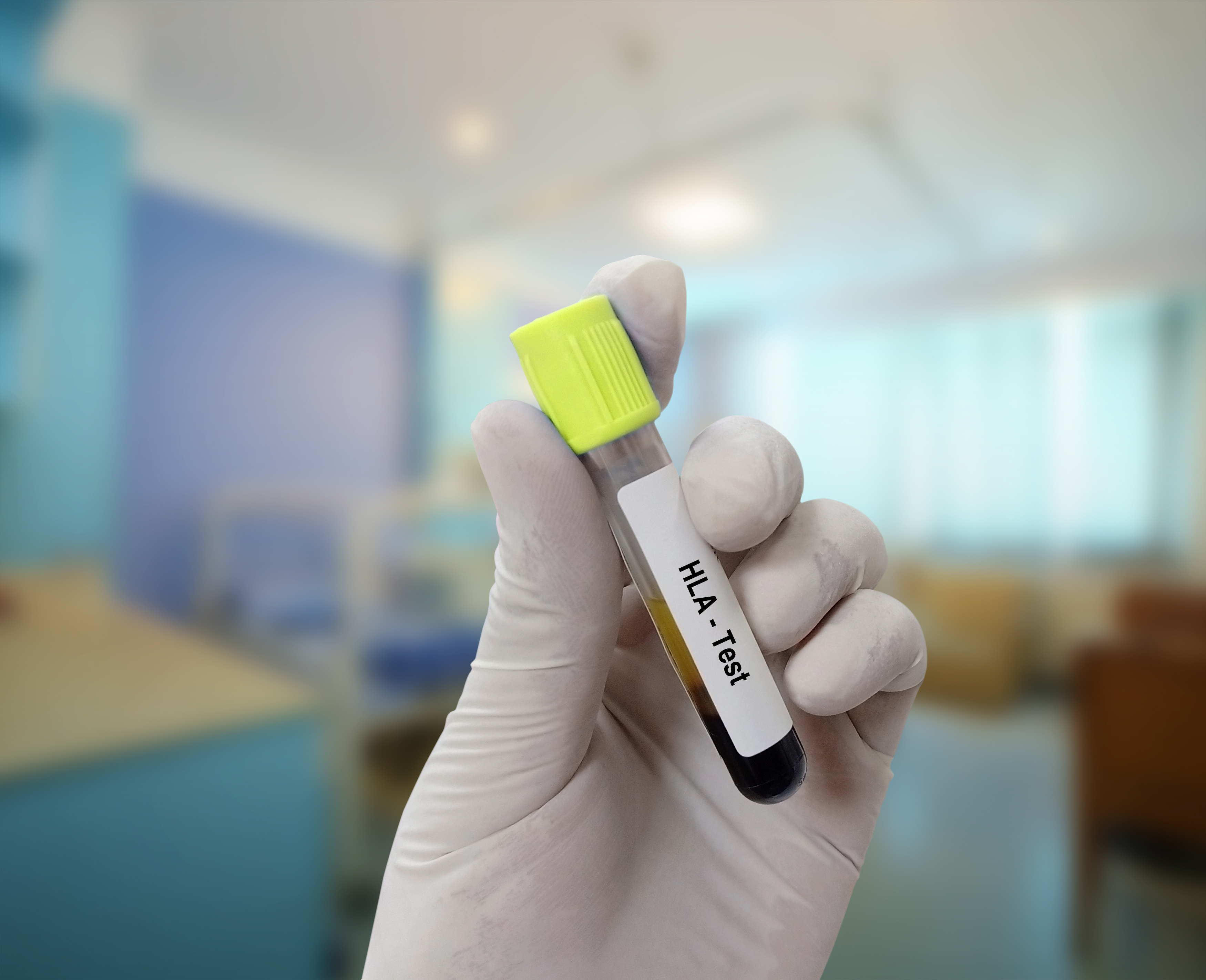
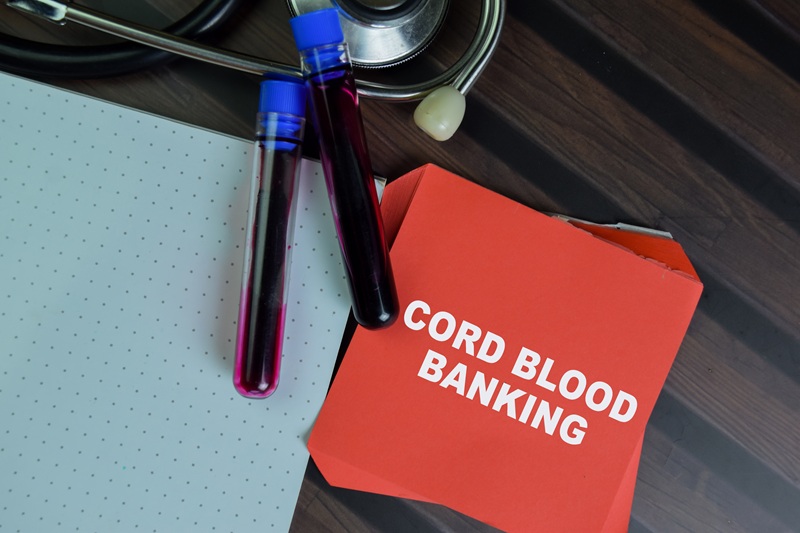
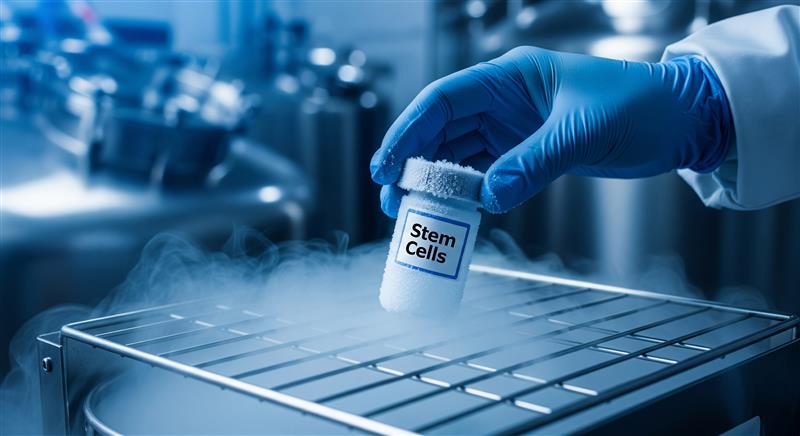
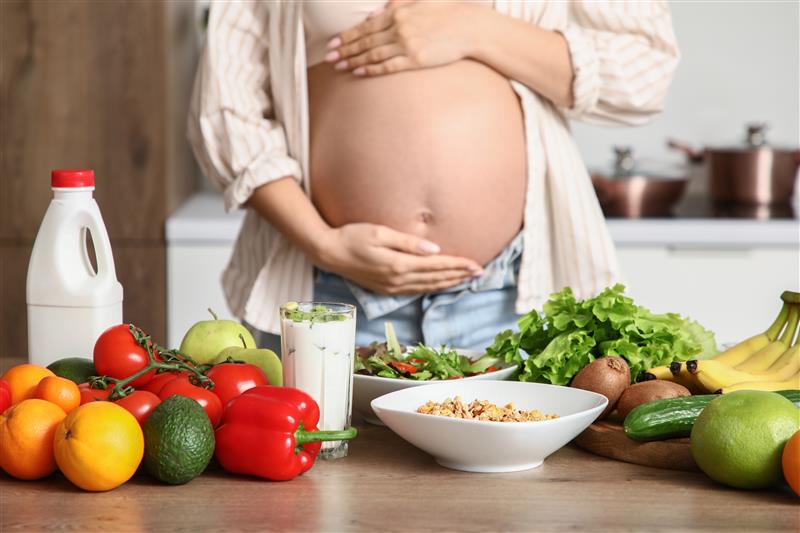
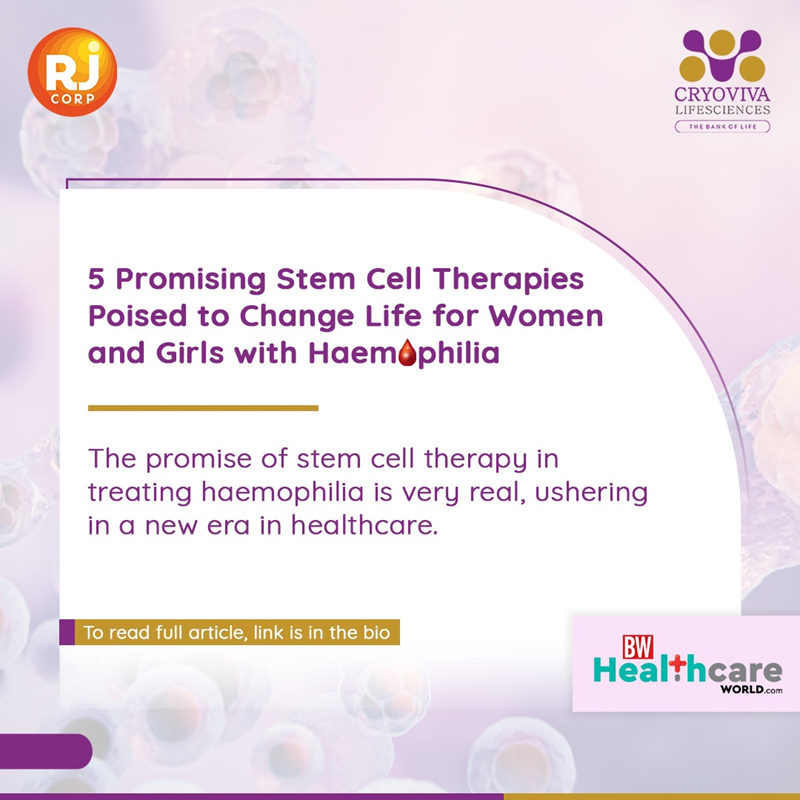







 Enquiry
Enquiry
 Email
Email Phone
Phone
 Whatsapp
Whatsapp